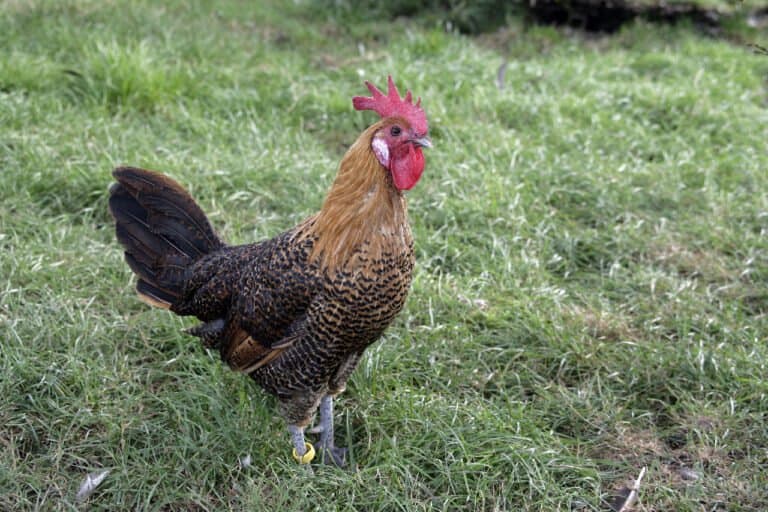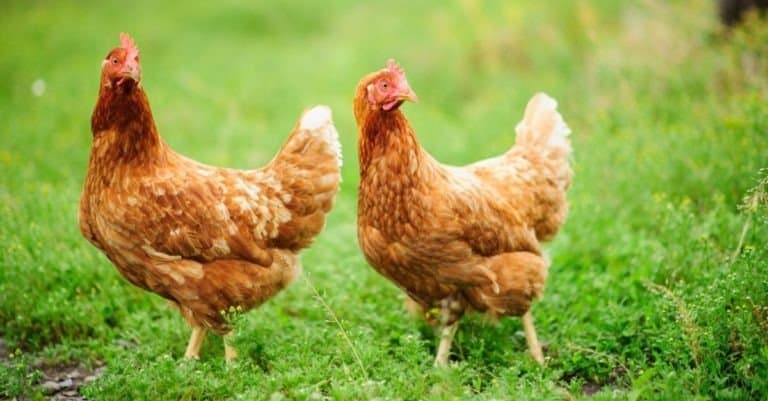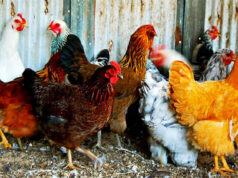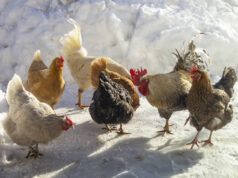Have you ever found a soft egg in your chicken coop and wondered, Why did my chicken lay a soft egg? It can be startling, especially for new poultry owners. Soft eggs are a common issue that can result from a variety of factors, including dietary deficiencies, stress, age, and health issues. In this article, we will delve into the reasons behind this phenomenon, explore potential solutions, and help you ensure that your chickens lay healthy, hard-shelled eggs. Understanding the causes will empower you to tackle this problem head-on and keep your flock in optimal health.

Understanding Soft Eggs
First, lets define what a soft egg is. A soft egg, also known as a shell-less egg, is one that lacks the hard, protective outer shell that we commonly associate with eggs. Instead, it has a soft, rubbery consistency that makes it prone to breaking. This can be alarming and may indicate underlying issues that need attention.

Common Causes of Soft Eggs
Dietary Deficiencies
One of the most common reasons for soft eggs is a lack of calcium in the diet. Calcium is essential for the formation of strong eggshells. Insufficient calcium can lead to soft or misshapen eggs.
Stress Factors
Chickens are sensitive creatures, and stress can significantly impact their egg production. Factors such as sudden changes in the environment, predator threats, or overcrowding can lead to stress-induced soft eggs.
Age and Maturity
Young hens, especially those that have just started laying, may produce a few soft eggs as their reproductive systems adjust. Similarly, older hens might lay soft eggs as their egg-laying days come to an end.
Health Issues
Various health problems, such as diseases, infections, or parasites, can affect egg quality. Conditions like infectious bronchitis or egg drop syndrome can result in soft eggs.

How to Address Soft Egg Issues
Ensure Adequate Nutrition
Providing a balanced diet is crucial. Ensure your chickens have access to a high-quality layer feed that contains sufficient calcium. You can also provide supplemental calcium sources like oyster shells or crushed eggshells to help strengthen their eggs.
Minimize Stress
Reducing stress in your flock is essential. Create a stable and secure environment for your chickens. Avoid sudden changes in their living conditions and protect them from potential predators.
Monitor Health Regularly
Regular health check-ups are vital. Keep an eye out for any signs of illness, and seek veterinary advice if you suspect a health problem. Early intervention can prevent more severe issues down the line.
Supplement with Vitamin D
Vitamin D is essential for calcium absorption. Ensure your chickens get enough sunlight or provide a vitamin D supplement if necessary. This will help maintain their overall health and improve eggshell quality.

Best Practices for Preventing Soft Eggs
Provide a Balanced Diet
Maintaining a balanced diet is crucial for your chickens overall health. Along with a good quality layer feed, providing access to greens and other nutrient-rich foods will contribute to stronger eggs.
Clean and Safe Environment
A clean and well-maintained coop reduces stress and the risk of diseases. Ensure your chickens have enough space to move around comfortably and that their living environment is sanitary.
Regular Health Checks
Conduct regular health checks to catch any potential issues early. Look for signs of stress, illness, or parasitic infections and address them promptly.
Appropriate Lighting
Ensuring your chickens have sufficient light, especially during the shorter days of winter, helps regulate their laying cycles. Proper lighting supports their overall well-being and egg production.
Adding Supplements for Egg Health
Calcium Supplements
Providing calcium supplements, such as crushed oyster shells or eggshells, can help boost the calcium intake of your chickens. This will aid in the development of stronger eggshells.
Vitamin Supplements
Supplementing with vitamins, particularly vitamin D, is vital for calcium absorption and overall egg health. Ensure your chickens receive adequate sunlight or a suitable supplement to support their dietary needs.
When to Seek Veterinary Advice
If your chickens continue to lay soft eggs despite proper diet and care, its essential to consult with a veterinarian. Persistent issues may indicate a more serious underlying health problem that needs professional attention.
Additional Resources
For further information on maintaining the health of your chickens and addressing specific issues, visit:
FAQs
Why are my chickens laying soft eggs?
Soft eggs can be caused by several factors, including dietary deficiencies, stress, age, and health issues. Ensuring proper nutrition and reducing stress are key steps to addressing this issue.
How can I increase my chickens calcium intake?
You can increase your chickens calcium intake by providing a high-quality layer feed, supplemental calcium sources like crushed oyster shells or eggshells, and ensuring they have adequate sunlight for vitamin D absorption.
When should I consult a veterinarian about soft eggs?
If your chickens continue to lay soft eggs despite proper diet and care, its important to consult with a veterinarian. Persistent issues may indicate a more serious underlying health problem that needs professional attention.
As an Amazon Associate, I earn from qualifying purchases.










